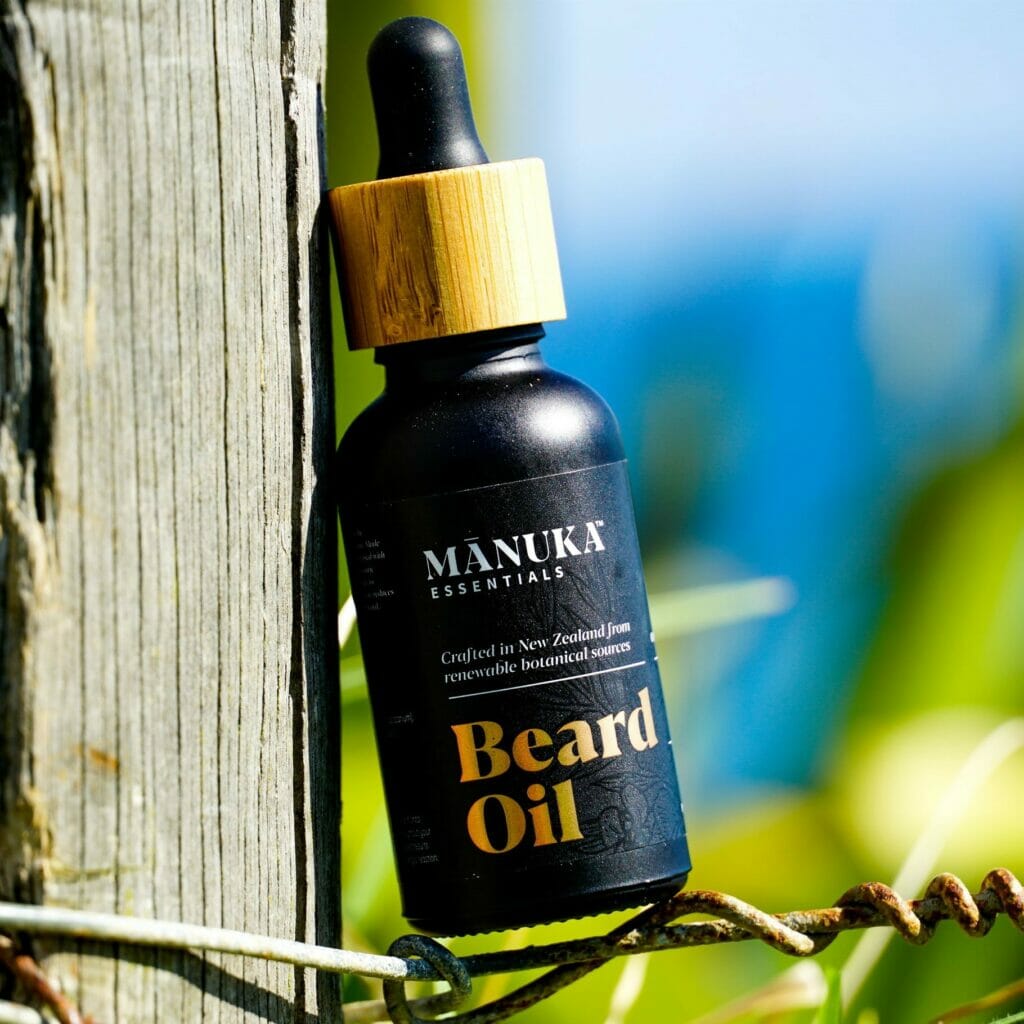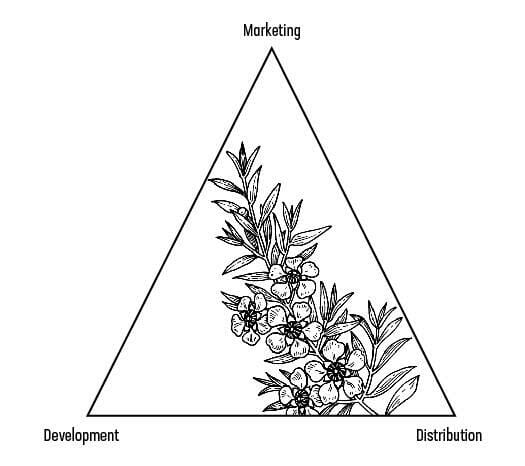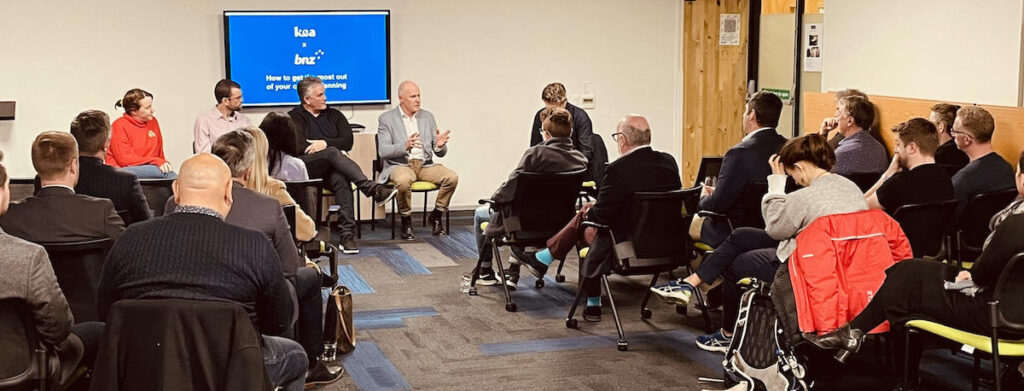REMOVING THE BARRIERS TO UPSKILLING
Digital enablement is a key part of the puzzle when it comes to lifting New Zealand’s productivity. Research from Xero last year found the majority of small businesses in New Zealand want to increase productivity but feel that the cost of technology, the time it takes to implement and a lack of information about what to do is preventing them.
I’m stoked to see the Government’s Digital Boost initiative come to life to address these barriers to using cloud technology. The Digital Boost Skills Training and Support site includes hundreds of webinars, videos, learning modules, articles and resources to help small businesses learn more about using technology in their business. The initiative also provides a platform for small businesses themselves to share their experiences and share advice for others.
The programme is free for any Kiwi small business, including their team members, no matter the size. All resources and courses are online to make it easy to learn where and when it suits you. There aren’t any big assessments at the end of modules, it’s purely designed to give business owners the freedom to discover the skills and resources that are going to be most useful to their business and their team.
LIFTING THE NEW ZEALAND ECONOMY
If more small businesses around the country start using digital technology, the benefits don’t just stop with them. It has the potential to boost their local community, and ultimately benefit the entire economy.
Research commissioned by Xero and conducted by the New Zealand Institute of Economic Research (NZIER) found that a 20% uptake in cloud-based technology would add up to $6.2 billion in annual GDP growth for New Zealand’s economy. That’s a lot of extra money that could be circulating round our economy. Lifting our country’s productivity could also give people more freedom and flexibility in their lives, having a positive impact on wellbeing.
HOW XERO IS SUPPORTING THE DIGITAL BOOST PROGRAMME
The Government’s Digital Boost programme is providing Kiwi small businesses with the means to upskill themselves and ultimately, improve their business in the long-term. Xero is getting behind the initiative with live webinars that offer useful tips and tricks for managing your business with Xero. You’ll also find a range of video content from Xero on the Digital Boost hub to help with all aspects of online accounting.
Starting with the fundamentals like bank reconciliation, invoicing and bill automation, to tips on how to stay on top of cash flow, stay cyber safe, and how to grow your online business. Xero wants to put the power back in small businesses hands, to educate them on the powerful online tools and features that will help save time and get paid faster. Helping them become more agile, and to grow and thrive.
I saw first-hand that the lockdown motivated quick thinking, fast innovation and made many Kiwis small businesses realise how rapidly they could change when they need to. But don’t take my word for it – have a look at the Digital Boost Spotlight series profiling businesses who have transformed digitally. Now I’d like to see what more we can do by harnessing this pace of change going forward.
HOW KEA CAN HELP YOUR BUSINESS GROW
Kea Connect
Kea Connect is a free service that will help your business grow offshore. We connect you personally with regional, sector-specific experts and peers.
Resources
Kea is here to help New Zealand businesses grow offshore. Be inspired and hear advice from businesses who have created their export path.
Jobs Portal
Looking for the right talent for your team? Reach our global Kiwi community through the Kea international job portal.

 MENU
MENU









